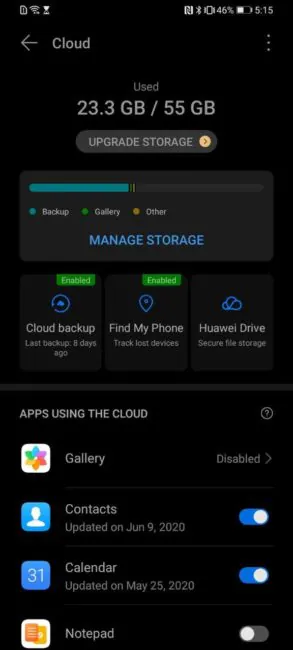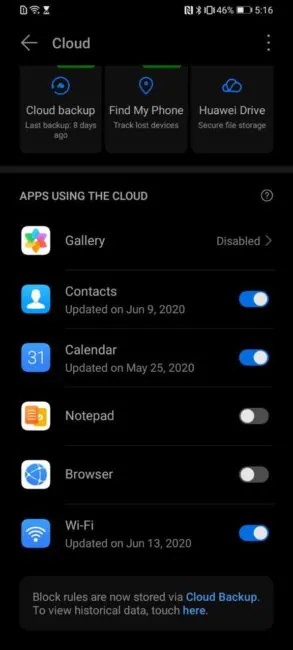© ROOT-NATION.com - Use of content is permitted with a backlink.
I’ll start from afar. I recently realized that I’m very old by the standards of the electronics industry. And I’ve seen a lot in my lifetime. And I can even draw certain conclusions and make certain predictions. Or at least make assumptions. Today I want to talk about our foggy future, and specifically about the situation on the mobile market. No boring numbers, just my “fantasies”. I warn you, the narrative will be long, and if you are not ready for this, I suggest leaving the classroom you leave this page at once.
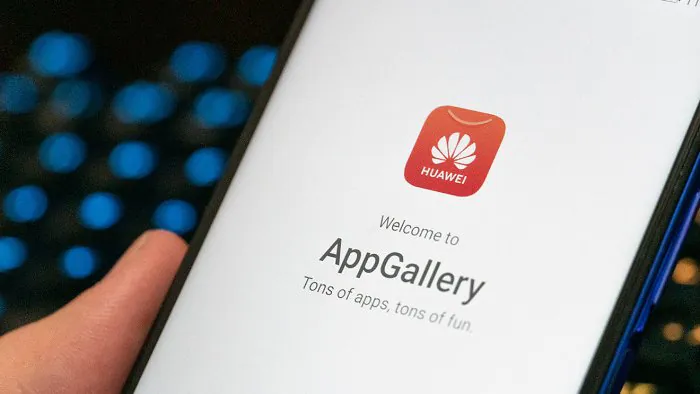
How I became a reluctant visionary
To begin with, I want to announce 2 main points to which I will refer in the process of narration and which will help me draw historical analogies in those places where it is necessary.
Thesis 1: I saw the death of Windows Mobile and Symbian platforms. And the rise of iOS and Android. I remember how the Windows Phone star flashed and burned out in an instant (quickly by the standards of the industry, of course). And not only it, there were all sorts of MeeGo, Bada, Firefox OS, Jolla and other “one-day systems”. At the same time I watched as giant seemingly unsinkable ships sank to the bottom. Now they are gone.
Thesis 2: If you stretch the of consumer electronics companies on a timeline (from the middle of the 20th century to the present day), then in my memory the chronology of changes in consumer attractiveness in terms of the origin of devices was approximately the following: Europe and the USA – Japan – South Korea – China. I was born during the second (Japanese) wave and quite clearly remember the next transition. When the first products of Korean Samsung and LG (then still GoldStar) appeared on sale in the 80s, they were viewed as unreliable and cheap consumer goods. But gradually the situation changed – the tech became better from year to year and gradually gained popularity among consumers. Now they are reputable brands. After some time, approximately from the beginning of the 2000s, the situation repeated itself, but with Chinese manufacturers.
What am I leading to? I’m trying to illustrate how the market and the geography of our preferences change over time. And that any “unshakable truths” in the minds of consumers can gradually change thanks to marketing, decent product quality and low prices. I remember how about 5 years ago people laughed at me when I said that Chinese manufacturers will dominate the smartphone sales. And what can you say now? Where are the heroes of that time, where’s Nokia, Motorola, HTC or Sony? Or even LG.
It should be understood that, in principle, there can be no constants here. This is a reality, dictated by a combination of circumstances as a result of certain actions of market players. Moreover, all this is very unstable and can be destroyed by one wrong movement, after which it will crumble, like a structure made of dominoes. But as a result, for some reason, these forms always add new forms. True, in the process of transformation, some old knuckles may be lost completely, but they will always be replaced by new ones from the bottomless bag of history. If there is a gap, something will fill it, nature abhors a vacuum, and so long, and so forth…
So, if earlier the situation was mostly influenced by purely market processes – some companies bought others, projects opened and closed, acquisitions took place or someone declared bankrupt due to improper pricing, bad marketing and other classic market procedures, – then recently another outside force has actively intervened in the game. Politics. Moreover – geopolitics. And such an intervention in the era of global informatization not only accelerates any changes, it accelerates them to cosmic speeds. If earlier we needed years to track market changes, then now everything happens within months, weeks and even days.
Read also: Huawei MatePad Pro review – One of the best Tablets for Work and Entertainment
This crazy Westworld
Of course, the main factor that now affects the development of the mobile device market is the trade war between the United States and China. And of course sanctions against one of the leaders, Huawei.
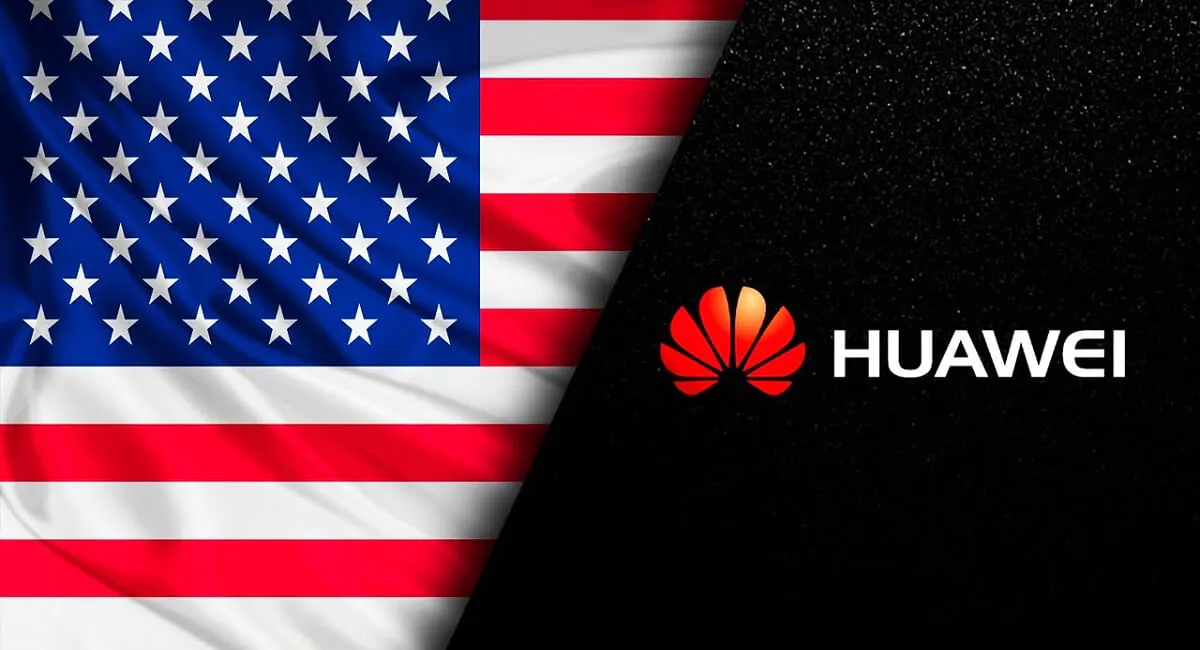
Let me remind you that at the very peak of its development, a successful manufacturer was placed in very difficult conditions. And, it seems to me, under a far-fetched pretext. Perhaps I’m wrong, I have no desire to investigate, and besides, I do not have sufficient information. But the real evidence of Huawei’s guilt is still nowhere to be found. Moreover, there weren’t even any real charges.
But that is not the point. Now about something else. The company was given an ultimatum – to dismiss key managers and change the structure of owners. And the manufacturer did not agree to this. In relation to Huawei, the US government imposed rather stringent sanctions, which undermined the company’s core business. Let me remind you that all American companies and affiliates were prohibited from any commercial and technological cooperation with Huawei.
At that time, according to all forecasts, the manufacturer had a very real chance of reaching the first place in the list of smartphone manufacturers by 2020. And they are doing it right now before our very eyes – contrary to the sanctions and the global economic crisis. Which seems doubly unbelievable. But this is a fact. For several months in a row, Huawei has been the top phone seller in the world. Sure, Apple remains the leader when it comes to margin sales, but still.
The industry experts and those who try to impersonate them (like me) have several positions regarding sanctions. Opinions are divided, as always. The first position is that Huawei has received a certain toxicity status and now no one wants to cooperate with them. Or wants, but is afraid of the reaction of the US government. And in general, this is the main reason why the company will soon die.
But for someone, on the contrary, the conflict with the United States makes Huawei heroes. They are the new rebels, who went against the system. Both positions are complete nonsense, of course. As always – the truth is more multifaceted and far more difficult than you think.
Huawei is a huge global business. And as you know, business is always looking for calm and stable conditions beneficial to sustainable development. Therefore, just out of pride these companies will never start a war. If there is even the slightest chance to reach a compromise, it will be very likely to be used. The fact that no compromise was reached suggests that the terms of the ceasefire were simply unacceptable to one of the parties.
This situation is a bit like a school fight, when there is a leader of the pack who indicates who’s worthy and who’s not. Of course, I respect the US, but I do not support many decisions of the Trump administration. And I think that nothing will really change in the end. It will simply gradually return to the way it was (if the conflict between the USA and China does not escalate).
But how will Huawei survive all this is a big question. A business adapts very quickly to a changing situation. It seems that the company was preparing for such a development of events, which, incidentally, was repeatedly confirmed by a variety of completely reliable sources. Very soon, they won’t need to be friends with Google.
So everyone will lose. Because the impact of Huawei on the industry as a whole is huge. Decades of building relationships and partnerships at the global level go down the drain. Believe me, some American companies found themselves on the verge of bankruptcy due to the forced severance of relations with Huawei. And the damage to Google itself is obvious, the company has lost a huge market share due to the inability to use its mobile services on new Huawei smartphones. But what is the use of sanctions is generally unclear. The other smartphone manufacturers are doing better now (not as bad during the crisis as it could have been). I see more and more benefits for third parties, but not for those who are a part of the conflict.
As for the Chinese giant, I honestly am amazed at how confidently it maneuvers in the current difficult situation. The situation that is simply unprecedented. Not a single smartphone manufacturer had this kind of problems with the exception of ZTE, which surrendered instantly and fulfilled all the conditions.
Read also: Huawei Y6p review – How good is one of Huawei’s most affordable smartphones?
Huawei: From Shell to Platform
But Huawei went its own way, rather steep and thorny, but at the same time – the only right way to stay in business. It is about creating your own ecosystem. Yes, what Samsung, Nokia and Microsoft failed to do in due time is being implemented right now by Huawei.
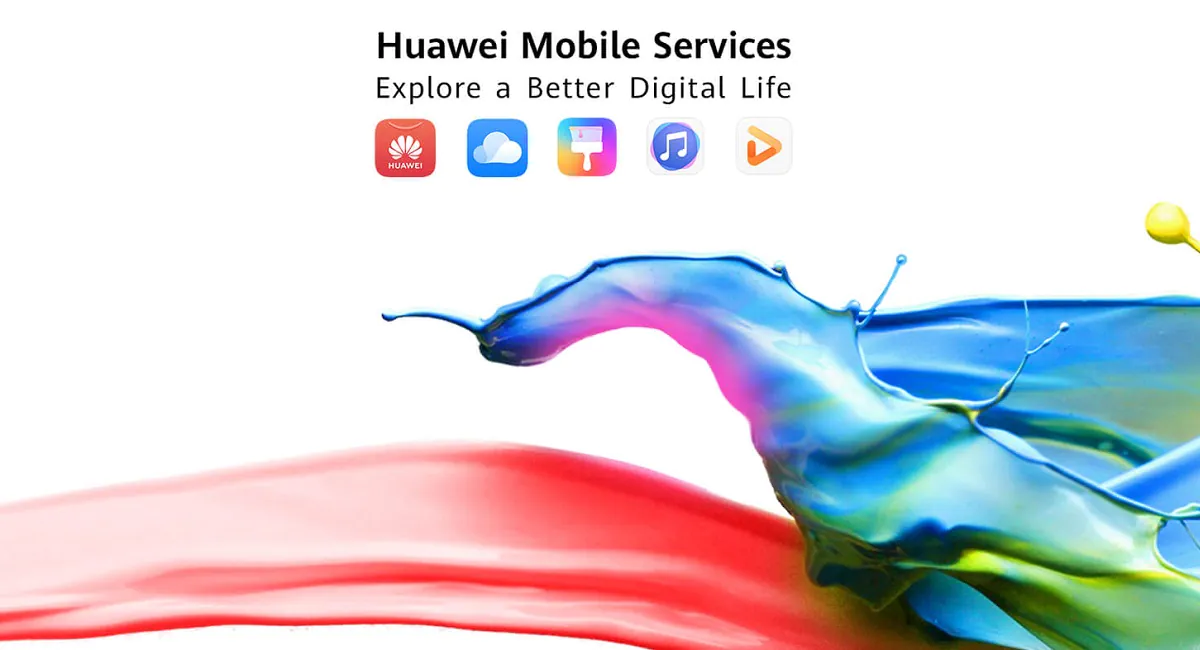
Of course, I mean Huawei Mobile Services (HMS) – Huawei’s own platform for mobile devices. And the fact that we see precisely the birth of a new, third platform (besides iOS and Android) should not cause any doubt. Yes, six months ago it was not obvious to some skeptics (but not to me). But again, let us return to the theses I have previously expressed about the lightning speed of changes in our century of global informatization.
In order to track changes, you do not need to wait years. Events are developing rapidly. Believe me, the situation has changed even while I was writing this text. It’s true – I started working on the article a couple of months ago. And so many things happened during this time, I even had to correct some moments, because some assumptions during this time became a reality.
Already, the Huawei platform has all the attributes of a full-fledged mobile platform. Briefly consider all of them.
Huawei AppGallery
Huawei’s AppGallery store is developing by leaps and bounds. Yes, it still looks rather poor compared to the AppStore and Google Play, but it is filled with applications already.
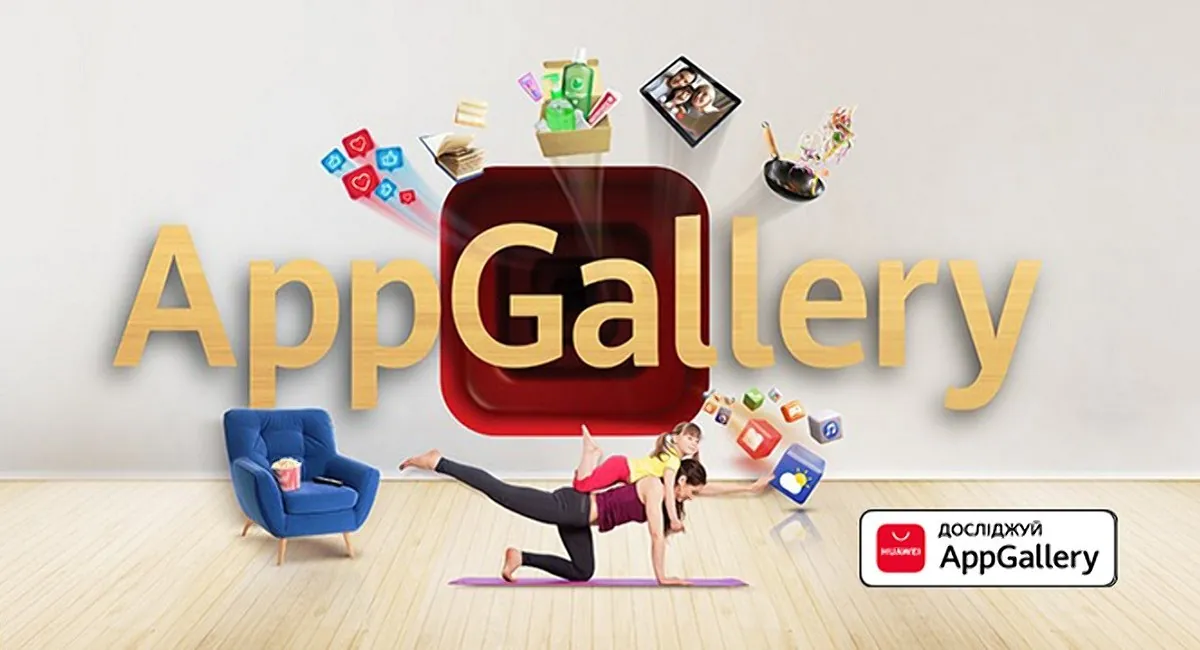
It is worth noting that the store itself was launched many years ago, but before the sanctions it existed purely for show, mainly to download Huawei auxiliary applications, and there was also some kind of garbage and none of the users went there because they had Google Play. But now the situation has changed and the app store is on the list of the company’s top priorities. Like it or not, but it is now number 3 in the world if we count the number of applications and the user base.
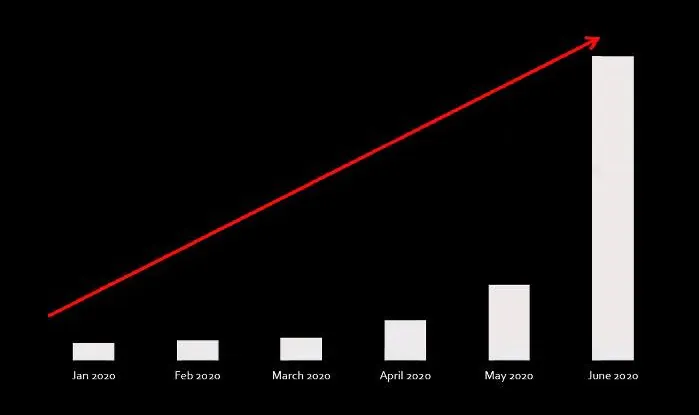
Read also: Top AppGallery games for Huawei and Honor smartphones
HMS API
A full-fledged API for the functional operation of any applications in the HMS environment. This is a very important aspect for developers, because they immediately get easily implemented tools for integrating their applications written for the Android platform (and this is millions of projects) into the HMS environment. Let me repeat this: you don’t need to write new applications for the new platform, you take the existing one, implement the API and get a profit with minimal costs!
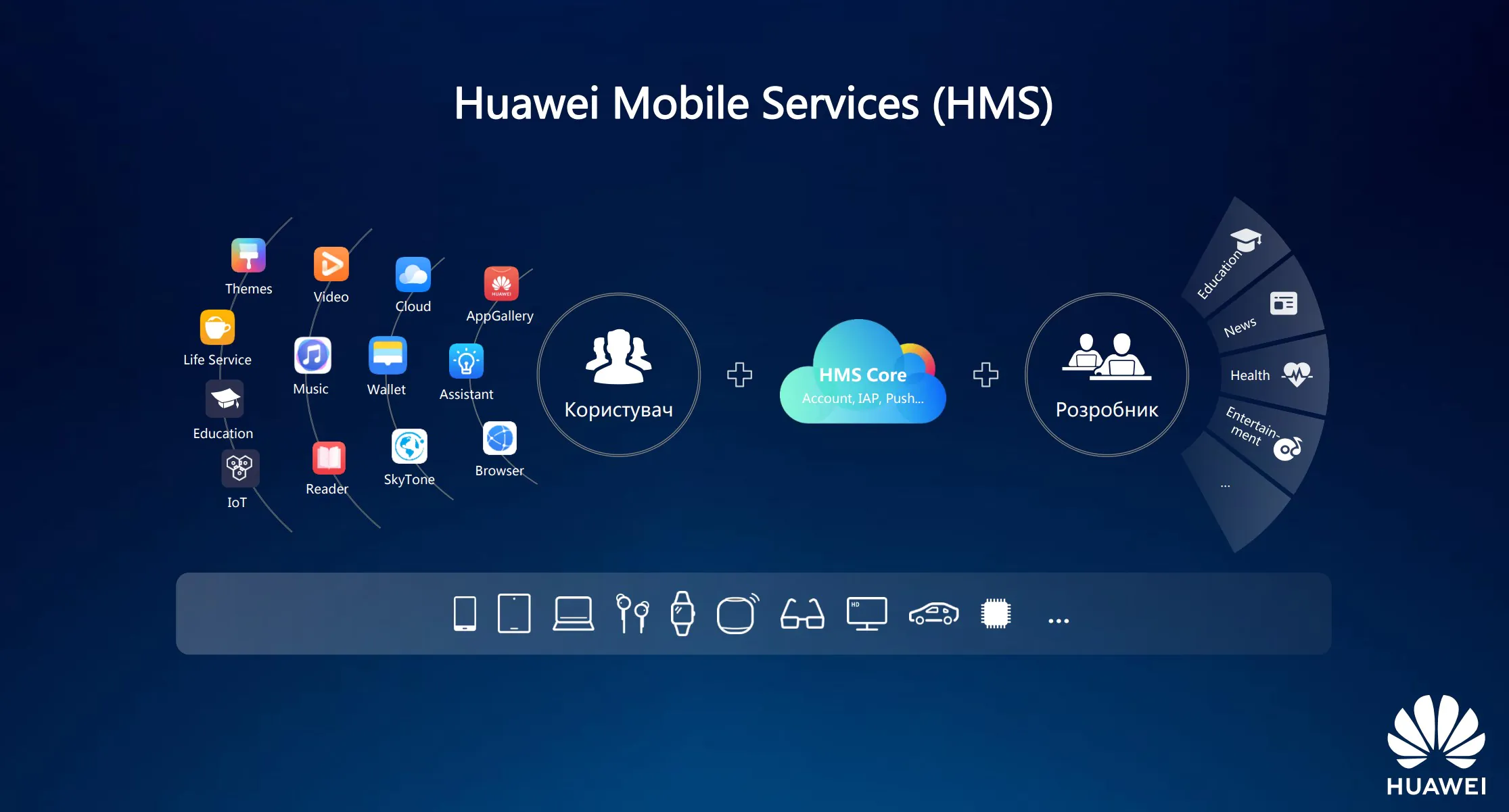
If I were a developer, without even believing in the success of Huawei, I would certainly adapt my application to this platform as quickly as possible, because why not. Moreover, the company right now is investing heavily in third-party developers ($1 billion in 2020), encouraging them in every possible way, organizing millions of competitions for them to create applications for AppGallery and offering unprecedentedly generous share of profit from sales.
Huawei cloud
A cloud service based on a Huawei account is used for system backup, storage and synchronization of all smartphone user data. It looks more like iOS than Android (where everything is as unobvious and confusing even for me). Gallery, contacts, calendar, notes, system settings, applications and their data – all this is instantly synchronized on your Huawei devices using the cloud and this information can be accessed from any browser on any OS.
The cloud works reliably and quickly, the prices are quite affordable, there is a free space that the user is provided automatically when creating a Huawei account. Buy a new smartphone, enter your account information and get a familiar working environment, all the data, settings and applications – it really works!
EMUI
One of the main trump cards of Huawei is the EMUI shell, which in the current situation can be considered a separate operating system based on open source Android. If some Linux distros think themselves new OSs, then why not EMUI as well? At least there are many more reasons.
Do not underestimate this moment: the Emotion UI interface has millions of fans all over the world. And it’s is well-deserved, because EMUI is indeed one of the best shells in the Android world.
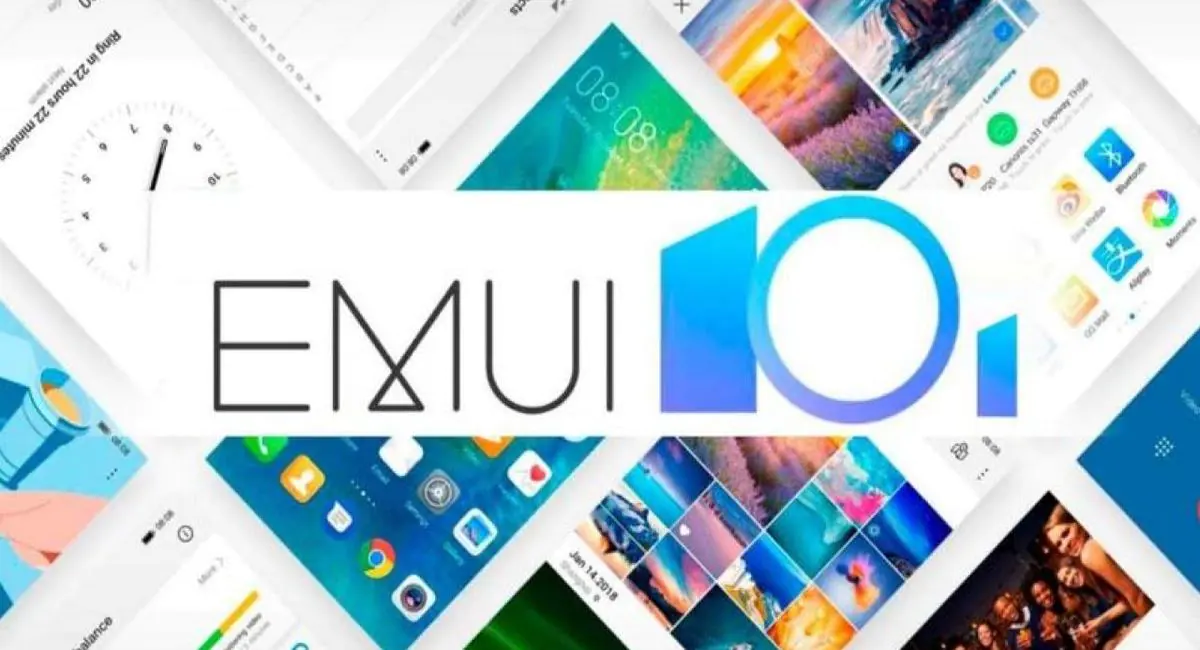
In addition, EMUI may in the near future become the basis of a completely new operating system from Huawei.
In addition to the interface and mobile services, Huawei continues to actively develop solutions based on artificial intelligence, and also implements software in AG smartphones to replace Google’s solutions (starting from the calendar and the common message application and ending with the browser and assistant) and its own smart voice assistant. I will not describe it in detail, since this is the topic of one of my next materials. But in this area, the manufacturer also has some success.
Read also: EMUI 10 review – What’s new in Huawei’s version of Android 10
In addition, it is worth noting that EMUI is almost completely compatible with any software written for Android OS. This means that you can run almost any application or game on the AG smartphone, even if they aren’t in the AppGallery. Simply downloading the APK file from numerous third-party sources and installing it on the device is enough. Yes, at the moment there are restrictions for some programs that are deeply integrated with Google services in their functionality. But this is only a matter of time.
Huawei 1+8+N
This point is not obvious to many, but it is in fact also copied from Apple and therefore doomed to success with a high degree of probability. The bottom line is: the goal of Huawei is to create a full-fledged hardware and software ecosystem. Indeed, in addition to smartphones (1), Huawei creates many more excellent (it’s silly to deny) devices – laptops, tablets, smart watches and fitness trackers, headphones and headsets, speakers (including smart ones), televisions, glasses, systems for cars (this is the number 8 in the name of the concept). And the potential of the manufacturer in this regard is huge. All these gadgets are easily integrated into the HMS ecosystem, providing the user with advanced features and native comfort of use in conjunction with Huawei smartphones.
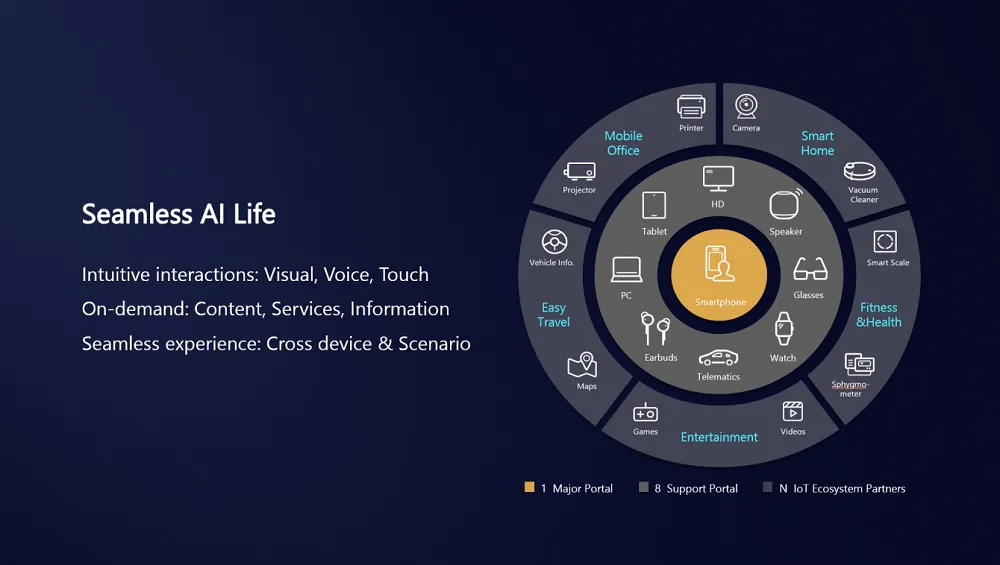
And N is the Internet of things (IoT) – all kinds of household appliances: vacuum cleaners, scales, cameras, projectors and printers, coffee makers, etc. Soon you’ll want to buy Chinese cars as well. All this infrastructure is supported by its own network equipment for home (routers, modems and repeaters) and developments in the field of 5G networks in which the company is one of the undeniable leaders.
What can go wrong?
Yes, you can laugh now, but at the moment I am almost sure of the success of Huawei. Of course, I can not guarantee it completely, but the probability of a happy outcome is very high. If a nuclear war or a zombie apocalypse do not occur or an asteroid does not hit us (looking at 2020, I’m not sure of anything), then the HMS platform should take off in the next couple of years.
The main arguments of the skeptics are “people tried doing this before and failed” seem a little infantile. We have already seen platforms being born and die. So why can’t this happen again? Since two have succeeded, why not the third? Rather, the “deniers” are simply not sufficiently aware of what is happening inside Huawei and they are not watching closely the development of an ecosystem like me. In addition, in the arguments of opponents you can often hear certain fanaticism (commitment to other companies and values), or intentional anti-propaganda (haters of all that’s Chinese are very common).
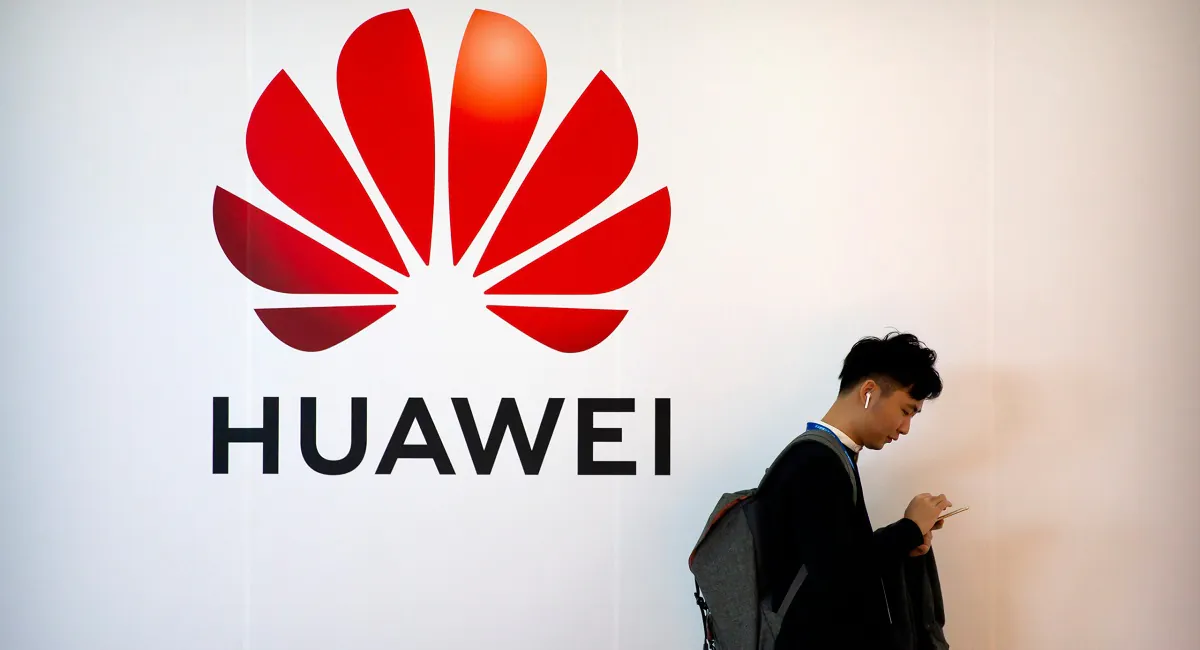
Let me tell you what I know firsthand. Mobilization within Huawei is unprecedented. Because the success of HMS, AppGallery and EMUI is a matter of survival. This is what every employee at every levels in all departments and regional offices knows, from janitors to directors. Characteristically, ordinary employees of Huawei often use the expression “my company” when they speak. You can see that Huawei is much more than employer to these people, and they perceive the fate of the business as a private matter. It’s really inspiring.
All other companies that previously tried to create their platform did it sooner… on a whim, often “for show”, “because it is necessary” – without understanding for whom and why. It was a fashion at one time among the players of the mobile market: who did not make their mobile OS is a sucker. Most often, the process took place in greenhouse conditions and in complete isolation from reality. But this time everything is very serious. Huawei is on the rampage, investing ALL power and resources in this idea.
Read also: Huawei FreeBuds 3i review — Mid-range TWS headset with flagship features
Yes, the manufacturer is already facing many difficulties and I’m sure that new problems will not be long in coming. After all, the trade war does not stop. It is no secret that even the production of new branded SoC Kirin is now in jeopardy due to the inability to license ARM technology, which, although it is a British company, supports sanctions against Huawei because it has a large share of American developments in its portfolio.

So far, the manufacturer has large stocks of current chips, but they are not endless. As a way out of the situation, I see a closer cooperation between Huawei and MediaTek, which has recently made undeniable successes in the development of new chips. Perhaps Huawei will even be able to transfer to this manufacturer some of its achievements in the field of processors in order to improve the manufacturability of new mobile solutions.
There are also concerns that Huawei will be completely separated from Android in the future, although at the moment this seems unlikely. But in the arsenal of the company there are a lot of developments in the field of operating systems. One of them is Harmony OS, which can become a real replacement for Android. Rumor has it that the first smartphones on this OS will be revealed at the end of this year. It is also worth recalling the mysterious ARK OS, which is supposedly being developed as a single Chinese operating system for smartphones and other manufacturers from the Celestial Empire.
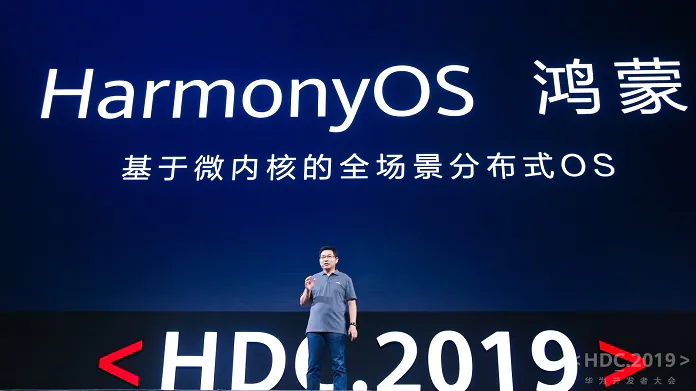
Yes, these are all rumors and conjectures. In personal conversations with Huawei employees, while trying to get them to comment about the current situation I often heard phrases like “we have everything under control, calculated 10 steps forward and there is a plan of action in any situation, and in several ways at once. ” Of course, one cannot exclude a certain factor of bravado, but recent events regularly confirm that in addition to “Plan A”, Huawei definitely has “Plan B”, and most likely a few more letters in reserve.
Instead of conclusions
Despite all the difficulties of 2020, we live in an interesting time. The level of penetration of informatization, the Internet and mobile technologies into our lives is so deep that it is simply impossible to hide from these factors anywhere. Even many people who are far from the IT industry are at aware to some degree of what is happening with Huawei.
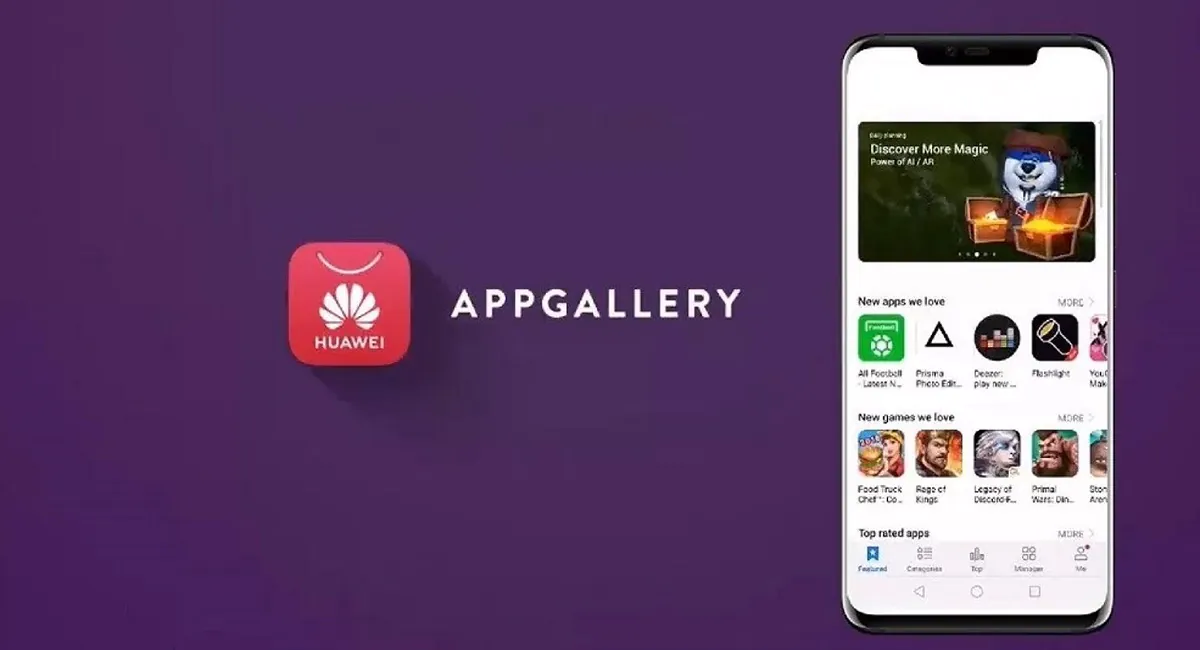
For many years I’ve been hearing that the mobile market needs another strong player to end the dominion of Google and Apple. And it finally happened! If you have not noticed the birth of the third global mobile platform, I want to reassure you (or disappoint) – it has already taken place. It’s a fait accompli, regardless of whether you want to notice it or not. Yes, this was not the result of mutual agreement. Rather, the consequences of rape. But nonetheless. At least one of the parents made a clear decision to love and care for the baby. How viable the newborn will be only time will tell. We can only observe, and possibly take part in the processes.
Personally, I am once again convinced that whatever happens happens for the best. I think that first of it’s better for us consumers. After all, increased competition is always good.
Read also: Huawei Watch GT 2e smartwatch review — Style and substance in a trendy package
Subscribe to our accounts:



